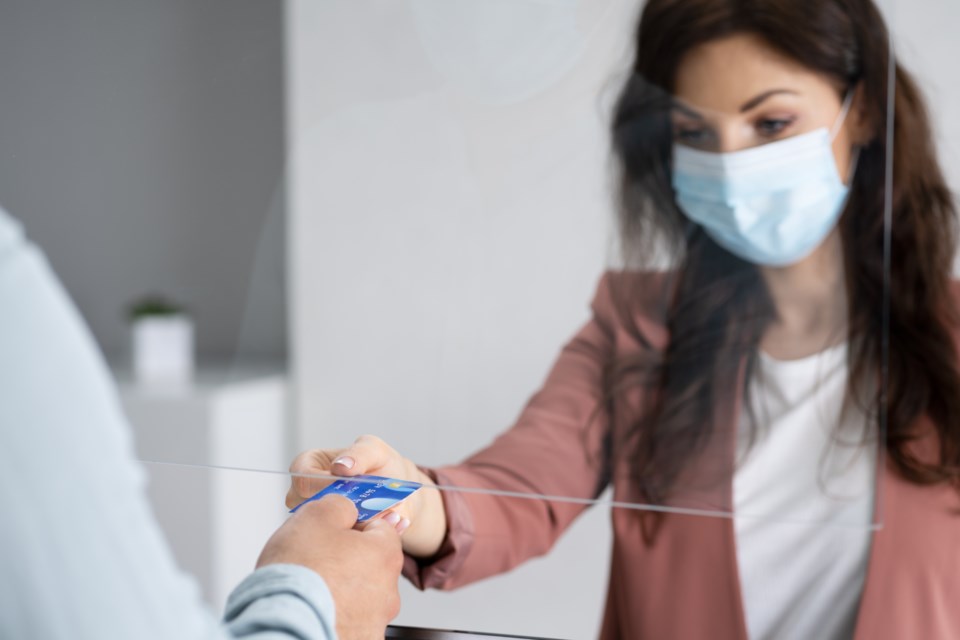It's been a burning question for some: how do we get people to listen to public health experts?
Ethan Meyers, a psychology researcher at the University of Waterloo, said the answer to that might be simpler than you think, and it could be based on something we all do at one time or another.
"One reason that people aren't listening to the experts, is because they think that they know more than they really do," he said.
It's an overestimation of knowledge, and may reflect people's tendency to be overconfident.
Meyers said if someone feels they know more than the experts, they will tend not to give experts the credit of possessing the knowledge, and won't feel like the expert is giving any new information.
But there could be a way to turn those people in the direction of said experts.
"If you can undermine it, or expose it, or make someone realize that they really don't know as much as they thought they did, we might be able to get them to credit the experts, over say random members of the general public stating the same opinion," Meyers said of one method.
He added one way of doing so is to ask someone to generate an explanation on how something works.
A key, Meyers said, is not to directly point out a person's knowledge gap, and have them come to the realization on their own.
The research is published in the Journal of Judgement and Decision Making.
